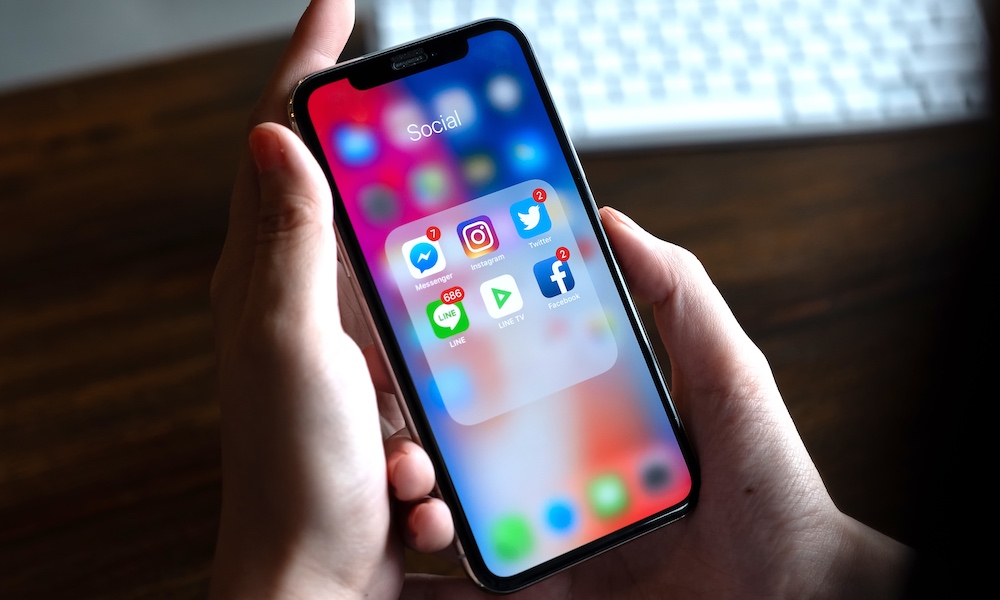What Facebook’s Encrypted, Cross-Platform Messaging Means for You
 Credit: Natee Meepian / Shutterstock
Credit: Natee Meepian / Shutterstock
Toggle Dark Mode
Facebook is planning on merging Facebook Messenger, Instagram messages and WhatsApp — at least, in one key way.
To be clear, all three Facebook-owned platforms will remain separate apps. But sources involved in the process told The New York Times that the “underlying messaging infrastructure” of the three services will be integrated, allowing for cross-platform messaging.
Basically, that will allow users of one of the three platforms to send messages to users of the other two. For example, a WhatsApp user will be able to send off a message to a Facebook Messenger user. That’s a capability not possible in the current iterations of the Facebook messaging services.
As part of that plan, Facebook CEO Mark Zuckerberg ordered all three platforms to incorporate end-to-end encryption. WhatsApp currently sports this level of encryption, while Facebook Messenger and Instagram don’t.
Essentially, that will help ensure that messages sent via Facebook, Instagram or WhatsApp will only be viewable by the participants in a particular messaging thread.
For the most part, Facebook’s plan seems like a good idea that will benefit consumers. That’s in spite of the fact that it’s likely a move to increase user engagement and ease concerns over its user data handling policies.
It will allow users to easily communicate with others in Facebook’s ecosystem without needing to switch apps. And end-to-end encryption is always a welcome addition, particularly for a company that’s been beset by privacy and data scandals.
But there could be a dark side to the move, too. WhatsApp has long had issues with the spread of disinformation and hate speech. Largely, that’s because there’s no way to moderate or even view encrypted content that’s sent on the platform.
To try and combat that, Facebook instituted a limit on how many times a message can be forwarded on WhatsApp.
But it’s still not clear how effective that solution was — and whether Facebook has any other ideas in mind to mitigate false information and hate speech. Which isn’t good, since it’s pretty likely that the problem is only going to get worse once Facebook adds the billion-plus users of its other services into the mix.
A timeline for the change hasn’t been set in stone, but the NYT reports that the plan could be finalized by the end of 2019 or the beginning of 2020.






